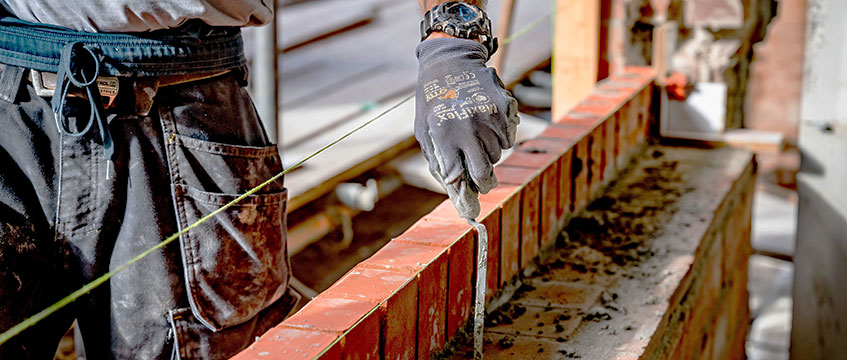Squatting in residential buildings became a criminal offence when section 144 of the Legal Aid, Sentencing and Punishment of Offenders Act 2012 came into force. The provision was enacted to enable the police to evict squatters quickly and, although the point was raised before it was enacted, the legislation was silent about its effect on the law of adverse possession.
However, the law usually operates on the basis that rights should not be derived from criminal acts. Consequently, we were left wondering whether squatters would still be able to acquire title to residential properties and if the Land Registry would accept claims based on activities that had become a criminal offence. Best v Chief Land Registrar [2015] EWCA Civ 17; [2015] PLSCS 20 answers this question for us.
The High Court decided that the Land Registry had been wrong to reject the squatter’s application for registration under the new adverse possession regime introduced by the Land Registration Act 2002. The judge ruled that the Land Registry should have accepted the application and dealt with it in accordance with the provisions laid down in the legislation (which enables objectors to invoke tests that are designed to stop all but the most deserving applications in their tracks). The Land Registry was not happy to leave matters there, but the Court of Appeal has upheld the decision.
Lord Justice Sales drew attention to an observation by Lord Sumption in Les Laboratoires Servier v Apotex Inc [2014] UKSC 55 that, in some exceptional cases, criminal acts will not prevent the acquisition of private law rights. In his view, this was such a case. The public policy associated with the introduction of section 144 was not centrally engaged and was outweighed by the public policy that underpins the law on adverse possession. Section 144 was introduced to enable home owners to evict squatters more quickly, with help from the police, if needs be. This has nothing to do with the law on adverse possession, which serves valuable social and economic purposes by preventing land from becoming sterilised through abandonment or non-use.
The court noted that section 144 makes no reference to the adverse possession regimes for registered land and unregistered land and considered that parliament would have addressed this, had it intended that section 144 would affect them. The capricious and arbitrary effect that section 144 might have in different situations bore this out too. If the Land Registry were right, Parliament would have made a significant change in the law without signalling that it was doing so, or by accident, shifting the law in favour of inactive absentee owners and affecting the owners of bare land and residential properties in different ways.
Lord Justice Sales and Lord Justice McCombe cited Bakewell Management Ltd v Brandwood [2004] UKHL 14 too. In that case, the House of Lords ruled that there was no public policy bar to the acquisition of prescriptive rights based on user that was an offence under s193(4) of the Law of Property Act 1925, because the user would have been legal, had it been authorised by the landowner. This was also the case here, because the registered proprietor could have legalised the position by giving the squatter permission to live in the house.
So, now we know. Section 144 and the adverse possession regimes are, quite simply, independent of each other.
Allyson Colby, property law consultant








